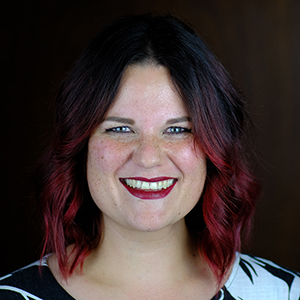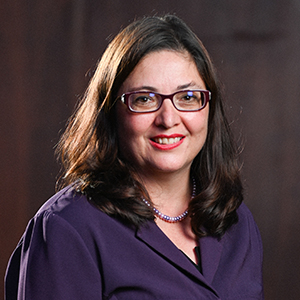
The aim of Music Education at the School of Music is to explore the value of music in a variety of educational contexts, starting at birth and gradually developing to music in the lives of the elderly. Music Education students get many opportunities for practical teaching experiences in various contexts during their undergraduate studies. They also gain valuable experience through observations in the field of Music Education at nursery schools, primary schools, secondary schools, specialised schools and centres for learners and adults with special needs, and care homes for the elderly.
Through student-lecturer interactions, students can choose teaching and learning activities and projects through Project-Based Service Learning (PBSL). Music education modules revolve around projects to acquire and apply specific skills and knowledge. PBSL contributes to an awareness of social responsiveness by preparing students to teach for musical understanding and music responsiveness, as service-learning partnerships encourage transformations of music teacher understanding and responsiveness.
Music education projects include the first-year band project, the second-year musical for preschoolers (see video below), the third-year Christmas concert at the care home for the elderly, the fourth-year musical, the Junior Choir Spring Concert, Singing Feelings, Anke Djé Anke Bé, Musicreations, Groovy Glockenspiels, Jolly Jivers, Green Songs and Ukulele Cubs. PBSL focuses on teaching by engaging students in investigations related to the real world.
Undergraduate students respectively create and perform a puppet theatre play, organise a mini concert where guests are entertained with live performances to broaden their musical knowledge through active listening and organise the Mmino fest (a music eisteddfod where local musicians of all ages can share their music with an audience and be adjudicated in a nurturing environment).
Throughout the graduate programs, students focus on Music Education in the intermediate phase, early childhood music education (ECME), the Senior phase, community music for the elderly, the FET phase, and special needs contexts.
Through the Diploma Music Education course, students gain experience in teaching music to learners in group contexts. Music education in the Diploma programme focuses on developing practical skills that can be used in a classroom with a strong emphasis on music and movement. Students gain valuable teaching skills. Principles such as sound before symbol and learning through doing are emphasised. Students learn to play various instruments that are useful in the Music Education classroom, such as the guitar, recorder, ukulele and various percussion instruments. In addition, students are required to master theoretical perspectives on teaching music in the Foundation and Intermediate phase, including teaching singing and the development of pitch awareness, teaching rhythm and the use of movement, play as an educational tool, developing listening and creativity, assessment and evaluation, and lesson planning.
For further information about Music Education at the School of Music, please contact Prof Mignon van Vreden.



